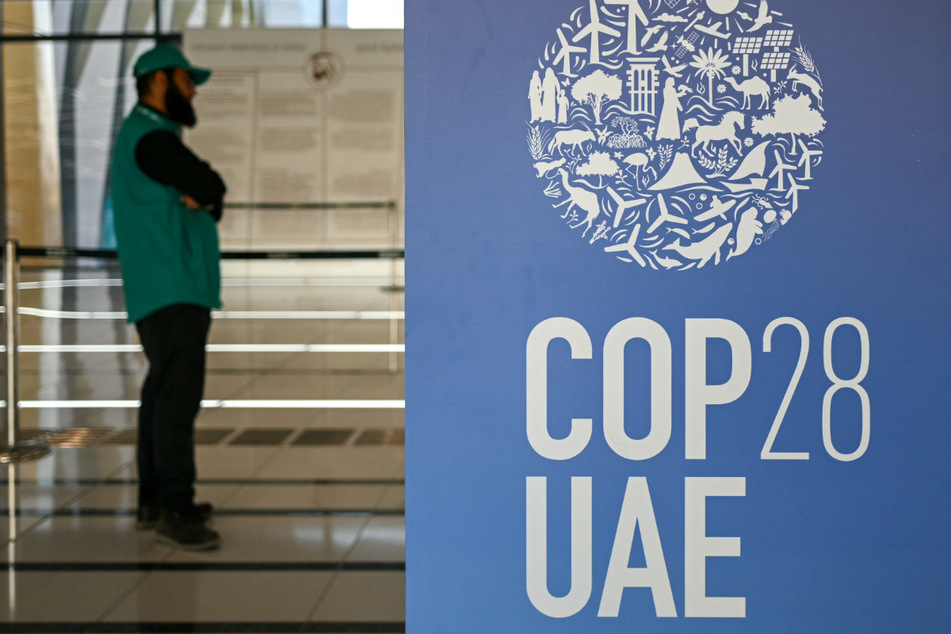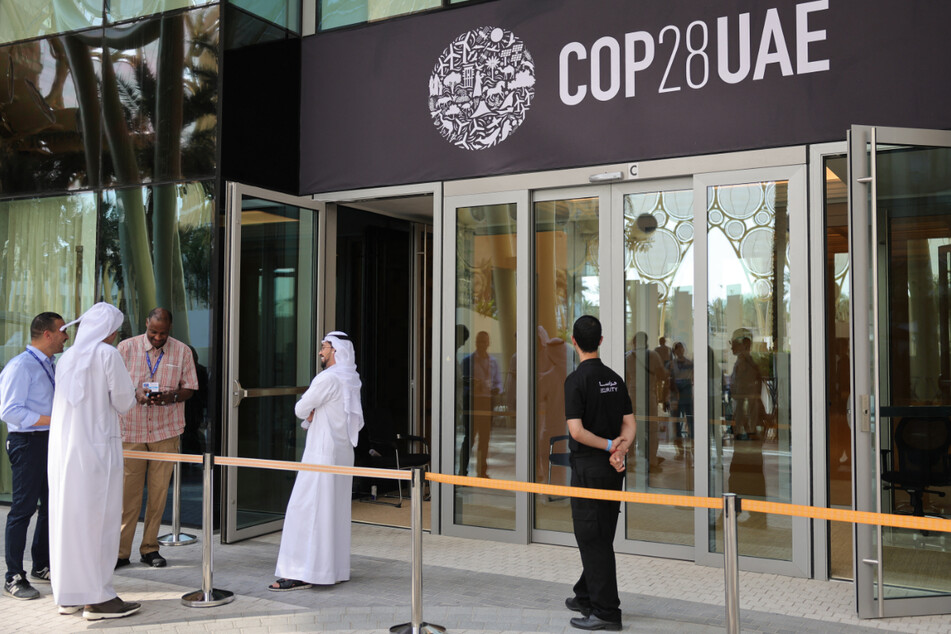COP28's unprecedented carbon footprint comes under scrutiny
Dubai, United Arab Emirates - After having the world's tallest tower and the biggest shopping mall, Dubai, the city of records, is gearing up to host the largest COP climate summit ever — a feat that in itself comes with an unprecedented carbon footprint.

"Ensuring COP28 UAE is a sustainable and carbon neutral event will be pivotal to its success," states the COP28 official website – without further explanation of how such carbon "neutrality" is achieved.
But to dwell on COP's greenhouse gas emissions is "pure distraction," said Laurent Morel, engineer and partner at Carbone 4, a French firm specializing in energy and climate consultancy.
"What will be interesting to see is how the governance of this COP will manage its own contradictions," he said, specifically "whether or not oil companies and oil-producing countries commit to production cuts."
At every COP, critics point to the number of flights taken by negotiators and NGOs and denounce private jets shuttling high-profile attendees.
In the UN's official document on "How to COP," it acknowledges the media and NGO scrutiny regarding the "apparent irony of the emissions generated by thousands of participants flying in from all around the globe to discuss how to reduce worldwide GHG emissions."
Since COP13 in 2007 in Bali, most host countries have "considered it part of their hospitality to offset also the travel-related carbon emissions of all registered participants," it writes. But those offsets are thanks to highly controversial tools for "canceling out" emissions, known as carbon credits.
During COP27 held in Egypt last year, emissions linked to the international travel of 46,000 participants accounted for 44,104 tons of CO2, according to the organizers — or around one millionth of global annual emissions.
COP28 attendees urged to abandon private jets

In Dubai, organizers expect more than 70,000 people in the conference's "blue zone" designated for negotiators.
And just as at previous COPs, its tallied carbon footprint is not expected to include the emissions of flights related to companies, observers, activists, and others participating in the climate fair-like space known as the "green zone."
COP26 in Glasgow set a carbon footprint record at 38,000 participants emitting more than 130,000 tons of CO2 — but its calculations were broader in their scope, including counting parts of the green zone's emissions.
Last year, the COP27 sustainability report recommended that accounting standards for emissions be "reviewed and raised" to support "comparability" among COP events.
But COP28 remains set to break records, with travel responsible for "70-80 percent of conference emissions," said Marc Halgand from the climate consultancy group EcoAct.
He recommends traveling economy class rather than business or private jets, but "scale and frequency" prevail as the key factors involved in reducing emissions — as they are for any international event, be it COP, the Olympics, or a World Cup.
The COP27 sustainability report proposed reducing the number of accreditations while extending their duration — advice already disregarded by the Emirates, which held the record for the largest delegation (1,073 people) at COP in Egypt.
Do COP climate negotiations outweigh emissions?
COP remains a "key event for tackling climate change," said Halgand, emphasizing the essential nature of the negotiations in the face of international trade fairs organized by emitters. Delegates to the green zone could, however, be limited, he suggested.
But for Laurent Morel from Carbone 4, the emissions of COP remain "anecdotal," and focusing on COP28's footprint, rather than its negotiations, is misplaced.
He rejects the use of carbon credits to claim "neutrality." Instead, organizers should avoid using carbon credits criticized for greenwashing and accept that COP comes with a significant carbon footprint. Despite their emissions, the outcomes of the conferences do carry weight, he believes.
The commitments made at COP26, if effectively implemented, would result in greenhouse gas reductions in 2030 equivalent to 72,000 times the carbon footprint of that year's COP, calculates the nonprofit Energy and Climate Intelligence Unit.
Cover photo: JEWEL SAMAD / AFP

